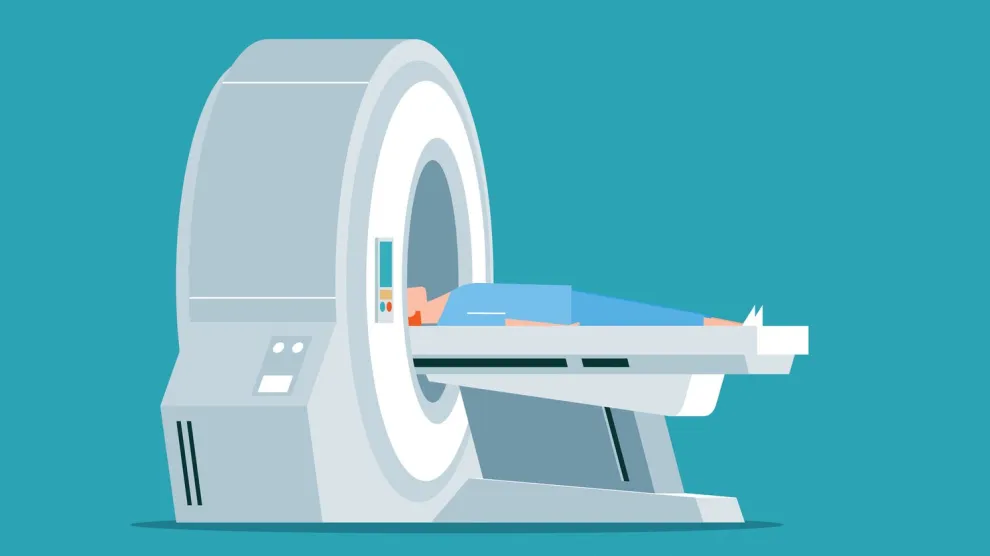Scaling Early Cancer Detection: Y Combinator’s Latest Call for Startups
Y Combinator recently released its latest request for startups (RFS), drawing attention not only because it’s been a while since the incubator shared its sought-after ideas but also because of the notable categories it’s emphasizing. As Sarah Perez highlighted, YC’s RFS covers a wide array of sectors, including AI, climate tech, defense tech, and more. However, delving into individual requests within the RFS yields valuable insights.
One particularly intriguing request focuses on developing a method to advance early cancer detection. Crafted by YC group partner Surbhi Sarna, a former CEO of a medical device company, this request zeroes in on MRIs. Sarna emphasizes the potential of early cancer detection, noting that most cancers are treatable if diagnosed at an early stage, thereby significantly reducing cancer-related fatalities on a large scale.
It’s worth noting that several MRI startups already exist. For instance, Ezra, based in New York, recently secured a fresh funding round of $21 million. Competitors like Neko and Prenuvo are also making strides in this space. However, Sarna highlights challenges such as cost and the generation of false positives, which contribute to limiting the scalability of existing solutions and pose hurdles to widespread adoption.
Addressing these challenges requires a concerted effort to scale up MRI scans globally by at least 100 times. Achieving this ambitious goal demands innovations in MRI hardware, AI algorithms for scan interpretation and false positive reduction, as well as viable business models and effective consumer marketing strategies.
While startups like Ezra integrate AI into their screening processes, Y Combinator sees potential for contributions from various angles, hence its interest in fostering innovation in this area.
Biotech Co-Working Spaces: A Game-Changer
Shared laboratory spaces have revolutionized the biotech startup landscape, as reported by Nature. While the concept of co-working is not novel, shared lab spaces offer startups more than just physical workspace, providing them with significant cost and time-saving advantages.
Startup Battlefield alum Parallel Health, for instance, benefits from shared lab facilities offered by BioLabs in Los Angeles. Nathan Brown, Parallel Health’s Chief Scientist Officer, underscores the advantages of shared lab spaces, citing cost-effectiveness, time savings, and a culture of innovation as key benefits.
Virtual Data Rooms: An Essential Resource
Virtual data rooms play a crucial role for biotech startups, serving as invaluable resources for financing and business development endeavors. Acknowledging their significance, a16z published a guide outlining best practices for biotech teams in structuring their data rooms.
Exploring Trillion-Dollar Tech Companies
The recent discussions around Sam Altman’s AI chip venture prompt reflection on the concept of a trillion-dollar valuation. While visualizations like Olympic-sized swimming pools filled with $100 bills offer a striking image, the focus shifts to tech companies nearing or surpassing the trillion-dollar mark. Nvidia’s market cap surpassing Amazon’s underscores AI’s transformative power and its impact on market dynamics.
In Conclusion
Y Combinator’s call for startups reflects the evolving landscape of technological innovation, with a keen eye on addressing pressing global challenges such as early cancer detection. The

